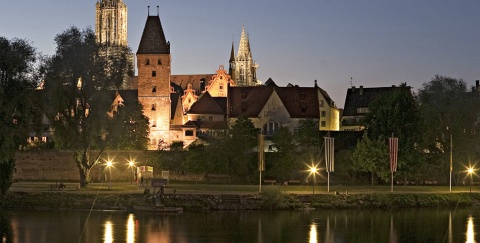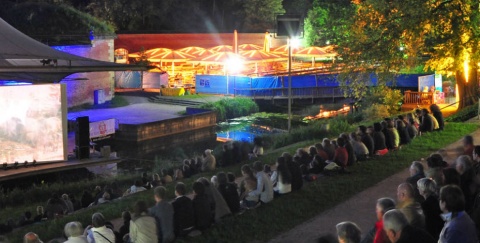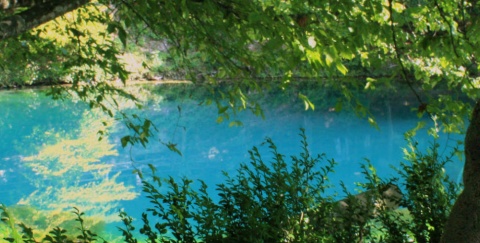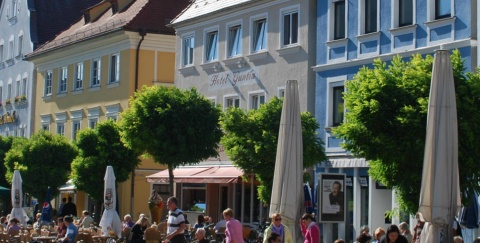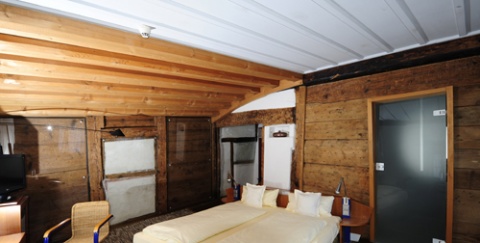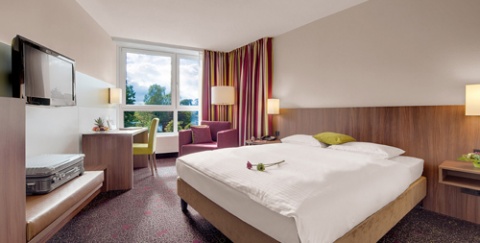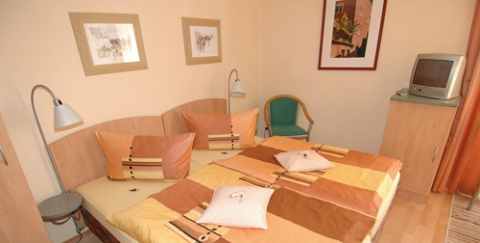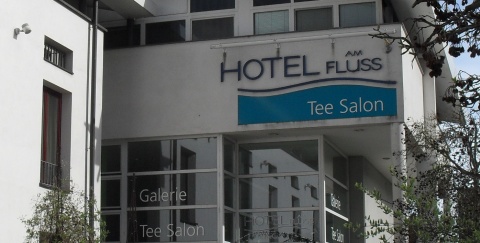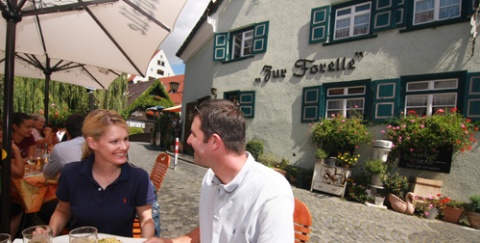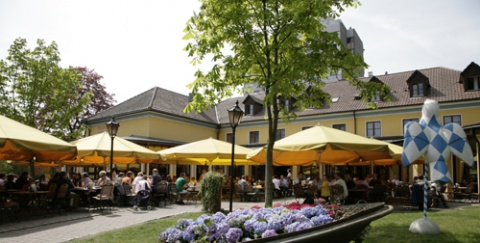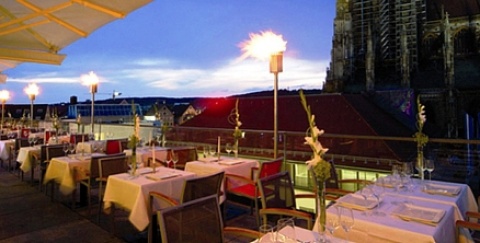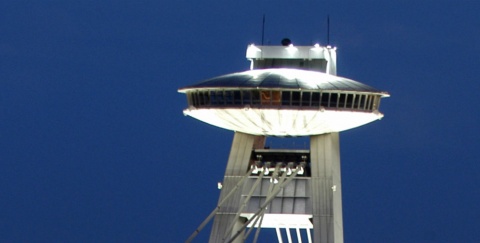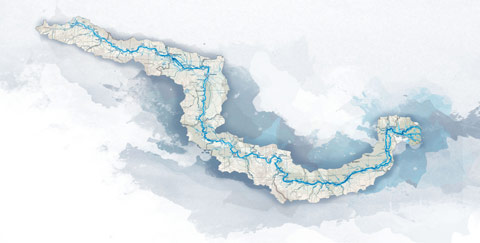

Erbach
Only recently having acquired town status, Erbach calls itself 'the young town on the Danube' – but it is also proud of its long history which, based on archaeological findings, has been traced back to the Neolithic Age. Celts and Romans also settled in the region – but that was all a long time ...
Country: Germany
Erbach is a small town in the Alb-Danube district of Baden-Württemberg with a population of 13,300 people. It lies on the south-east edge of the Hochsträss, part of the Swabian Alb, between Ulm in the north-east and Ehingen in the south-west. Erbach is located near the northern bank of the Danube, separated from it by many small lakes.
Erbach has belonged to many different places and people over the centuries, and it was even part of Austria for a while. In 1532 an Augsburg merchant named Hans von Baumgarten gained sovereignty of the town. One of his decisions shapes the townscape to this day: in 1549 he ordered the old castle to be torn down and a beautiful palace to be built in its place in the contemporary style. This is how Erbach came to have one of the most beautiful Renaissance palaces on the Danube. The palace has been in family ownership since 1620. It witnessed troubled times during the Thirty Years' War and later during the Napoleonic Wars. In our peaceful times, the palace stands sentinel over the town and is visible from miles around. Not far from this monument and no less beautiful is the baroque Church of St. Martin, which dates from 1767 and was founded by the baronesses of Ulm-Erbach. Like the palace, it replaced an earlier building, probably a Romanesque-Gothic church. From St. Martin's, there is a fantastic view across the whole region. In the cemetery opposite the church, somewhat hidden towards the back of the cemetery walls, is an old grotto modelled on nothing less than the famous grotto at Lourdes. The Gruhbänkle, a small chapel on the old road to the neighbouring village of Donaurieden, once served as a place of rest and prayer for passing merchants – and is still a stopping point for processions today.
City Highlights
Erbach Palace is surrounded by a mighty defensive wall, reinforced by a moat. You enter the castle via a drawbridge and a gate, before reaching the castle courtyard where the stables and servants' quarters are found on either side. The main building, with its circular towers at each corner, has two parallel saddleback roofs with stepped gables. They form the impressive double gable of the Renaissance building. The gatehouse is built from the remnants of the original castle keep. On the eastern side is the palace chapel, with its beautiful early baroque stucco decoration. Some of the rooms of the palace have been turned into a museum that can be visited by prior arrangement. Highlights include the prince's room, the Maria Theresia salon with its carved wall panel and the Renaissance room with its South Tyrolean faience stove.
The famous St. James' Pilgrimage Way passes through Erbach. From the direction of Ulm, it runs via Erbach-Wernau to Erbach, along Ziegeleistrasse, past the Church of Our Saviour, the school, the palace, the Church of St. Martin and Our Lady of Mercy Chapel (known locally as Gruhbänkle) towards Erbach-Donaurieden. There it passes St. Michael's Church before continuing to the neighbouring village of Risstissen and on to Constance.
Erbach offers various leisure activities, most notably at the swimming lakes in Erbach itself and in Ersingen, which have sanitary facilities, kiosks, playgrounds and areas for non-swimmers. Another swimming lake can be found in Donaurieden. With its proximity to the Swabian Alb, Erbach is an ideal base for various walking tours. The international Danube Cycle Route also runs through Erbach.
Accommodation in Erbach
Accommodation can be found at a range of hotels, various inns, a guesthouse with holiday apartments and an idyllically located campsite beside Lake Ersingen. There are also a number of restaurants serving German and international specialities. Hotel Hirsch, a beautiful country inn in the southern district of Dellmensingen, has been a local institution since 1663. It has a meeting room, guest rooms and a skittles alley, but is particularly popular for its schnapps distillery, where you can sample a wide range of clear schnapps and liqueurs.
Contact:
Stadtverwaltung Erbach (Erbach town council)
Erlenbachstrasse 50
89155 Erbach
Tel. +49 (0)7305 96760
Fax: +49 (0)7305 967 676
DANUBE.TRAVEL has no control over the website content generated by users and/or visitors, neither such content represents a statement, opinion, recommendation or rating by DANUBE.TRAVEL. For further information please refer to DANUBE.TRAVEL – General Website Terms and Conditions of Use.
 EN
EN DE
DE
